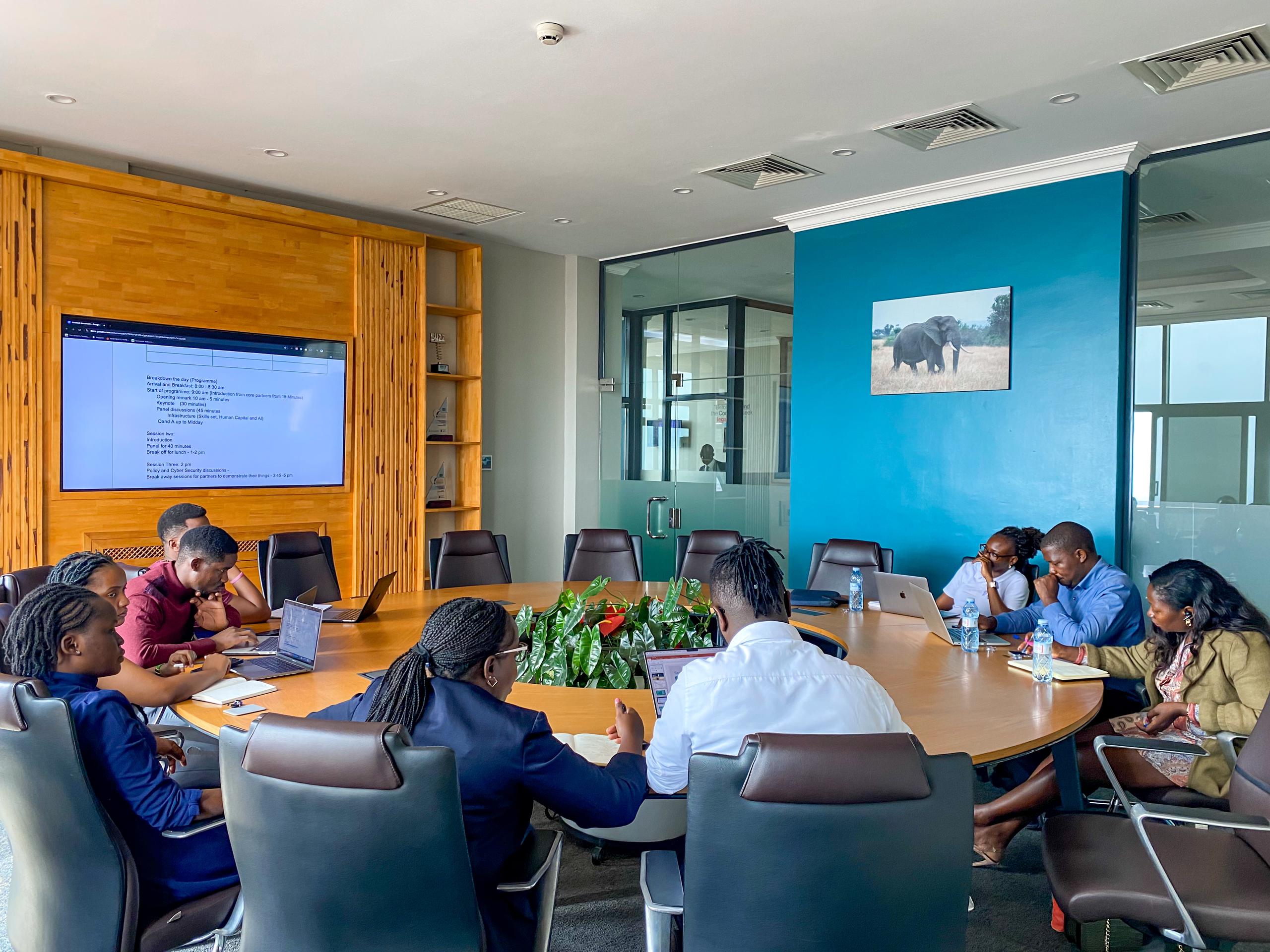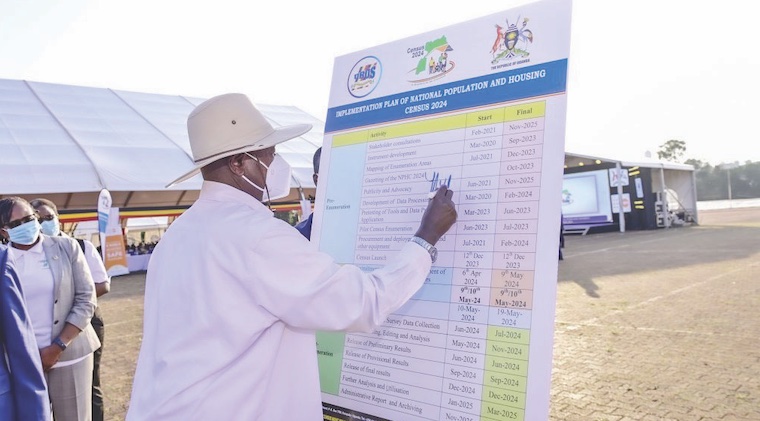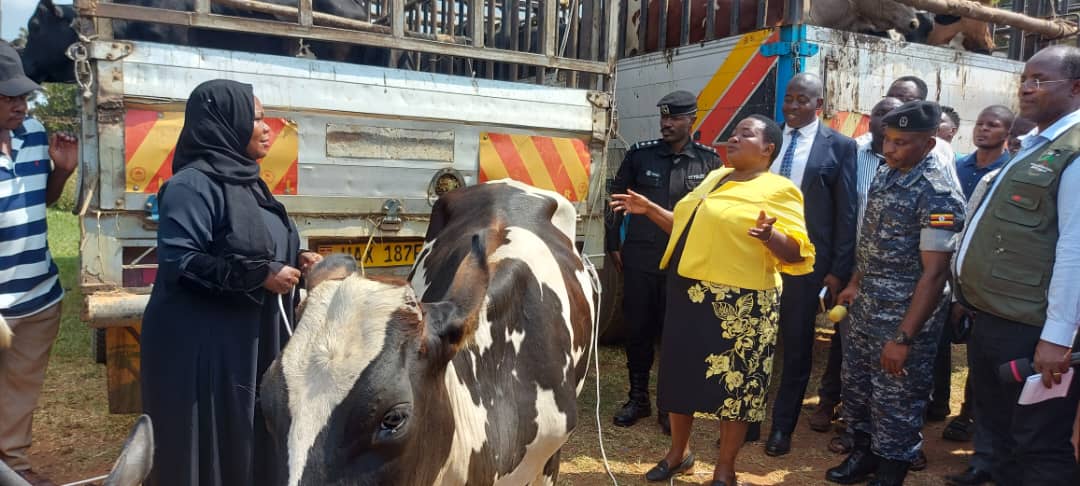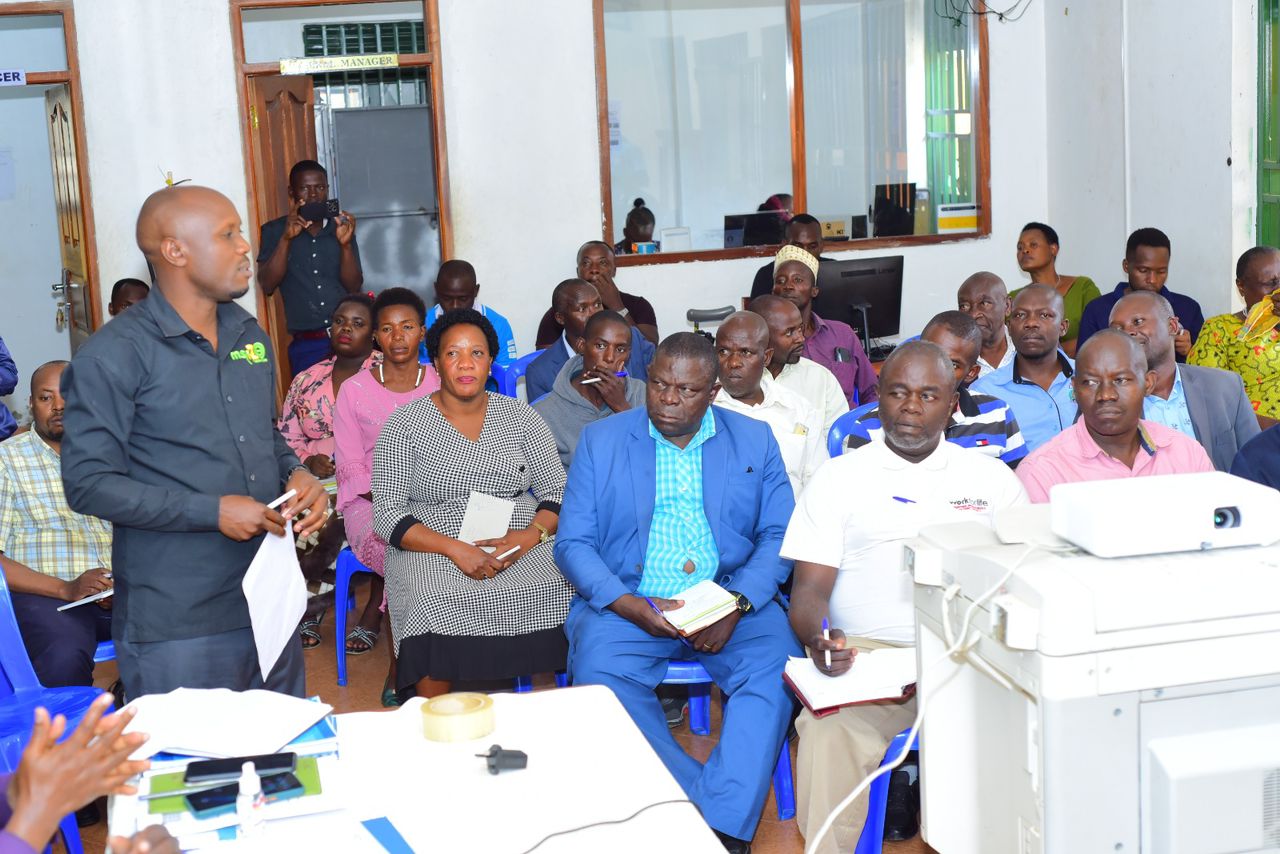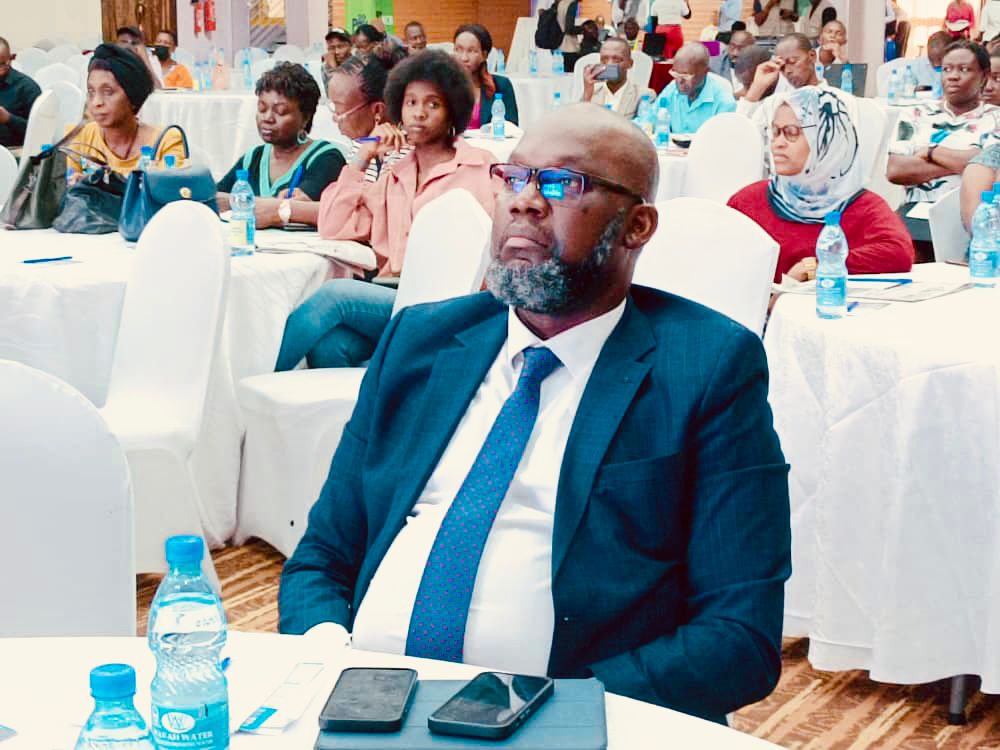Frustrations Grow in Acholi as National Oilseeds Project Stalls
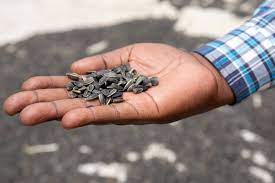
Leaders and farmers in Uganda's Acholi sub-region are expressing disappointment with the slow progress of the National Oilseeds Project. Launched four years ago with a budget of USD 160.69 million, the project aims to empower farmers cultivating soybeans, groundnuts, and sesame across 81 districts. However, concerns are mounting that the initiative is prioritizing workshops over tangible support for communities.
"Meetings, workshops, and benchmarking trips seem to be the main activity," lamented Michael Lakony, the Amuru district LC5 chairperson. "This project risks wasting allocated funds on administrative costs while local communities languish in poverty."
The project's sluggishness is particularly concerning because Acholi farmers are already facing difficulties. While many cultivate oilseeds, they struggle to turn a profit due to unstable market prices and a fragmented value chain. Douglas Peter Okello, the LC5 chairperson of Omoro, highlighted this issue: "Our farmers are actively involved in soybean farming, but they remain trapped due to the market situation and the lack of a complete value chain."
Keep Reading
Despite acknowledging the delays, the Minister of State for Agriculture, Retired Major Fred Kyakulaga Bwino, urged farmers to continue production. He explained that the project's initial phase focused on procuring equipment and encouraged farmers not to wait for handouts. However, farmers are calling for more than just tools. They need storage facilities, reliable electricity, and strategies to bypass exploitative middlemen.
A bright spot in the project is the planned infrastructure development. Gilbert Okwong, a project engineer, announced the construction of 151 kilometres of community feeder roads in phase A, specifically targeting Acholi sub-region. The project aims to complete a total of 2500 kilometres nationwide by 2028.
While this infrastructure plan is promising, concerns remain regarding the project's overall effectiveness. Leaders and farmers want to see a shift towards faster implementation and initiatives that directly address the core challenges plaguing the agricultural sector in Acholi. The success of the National Oilseeds Project hinges on its ability to deliver tangible benefits to the communities it was designed to empower.




